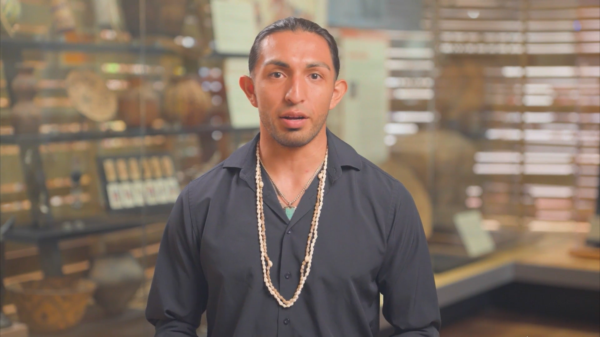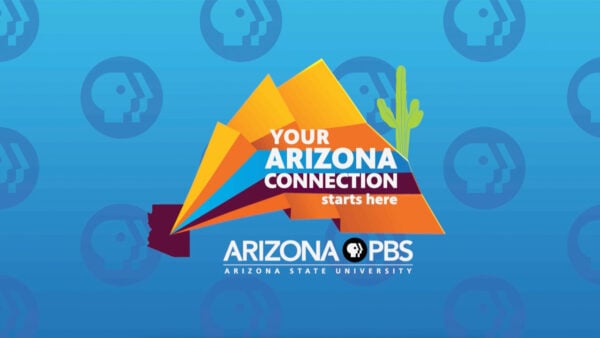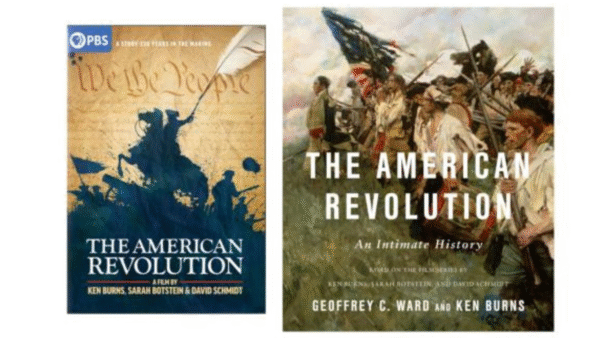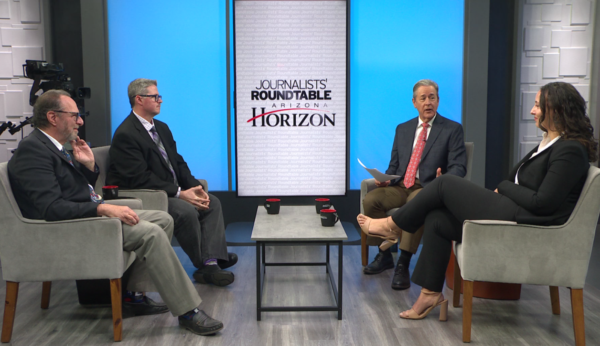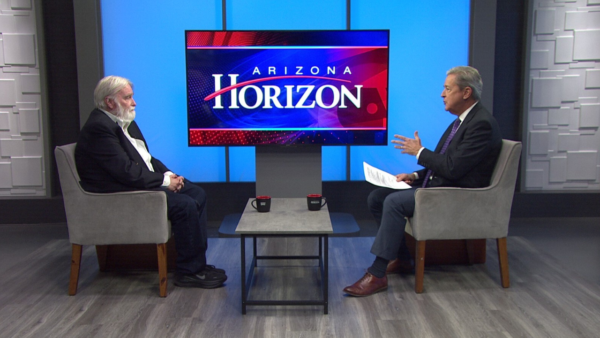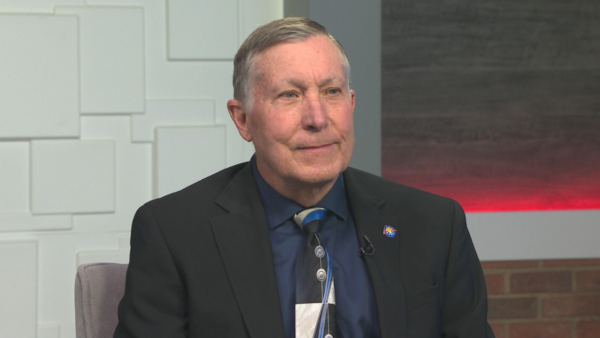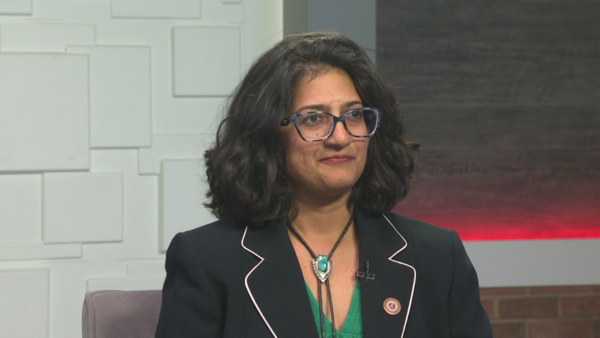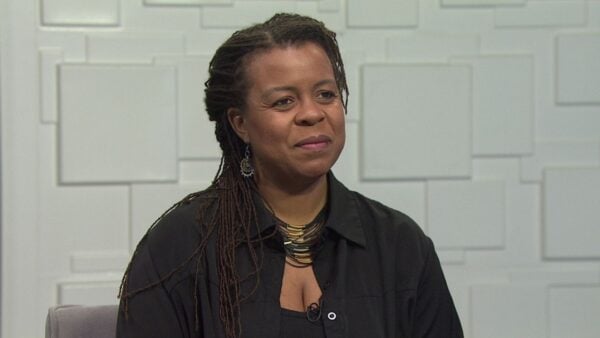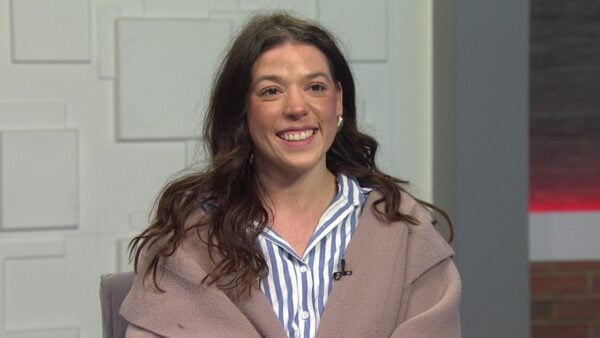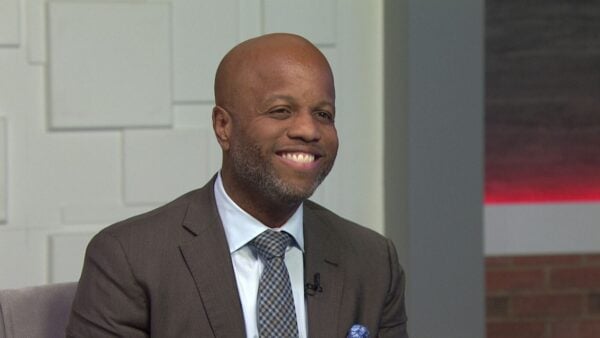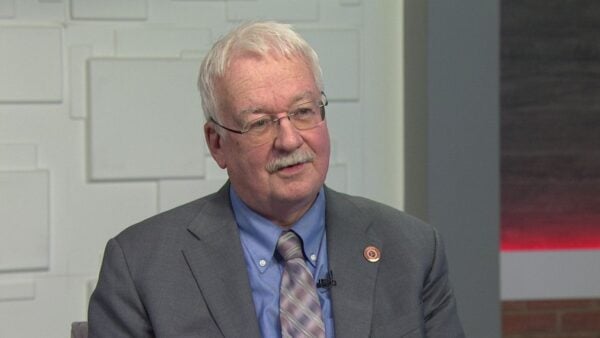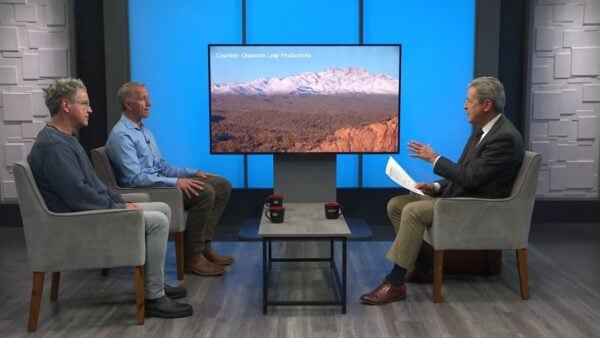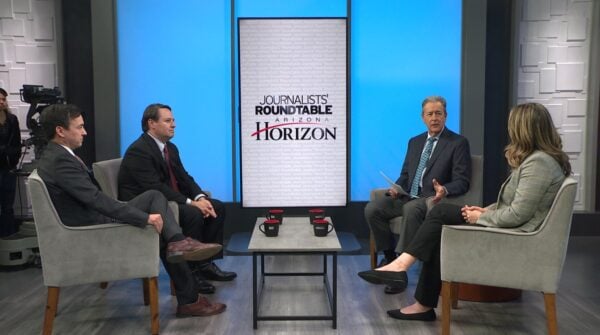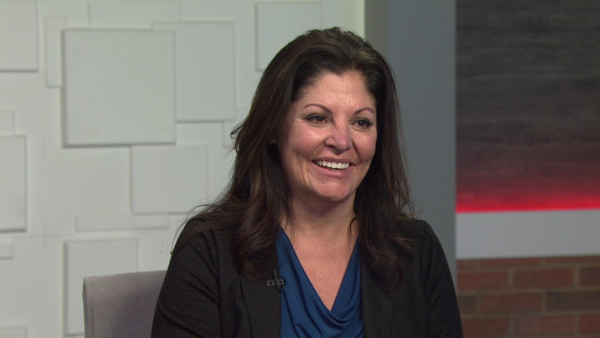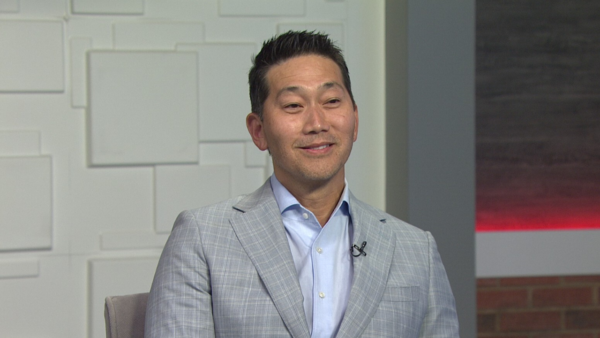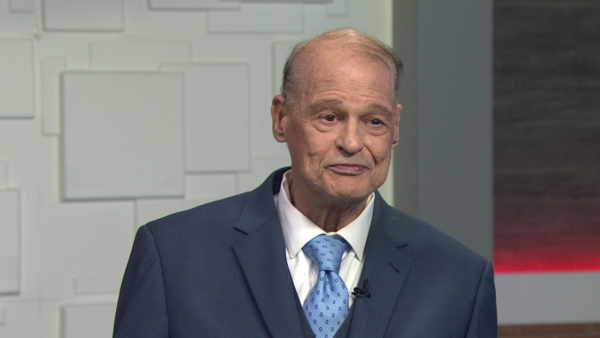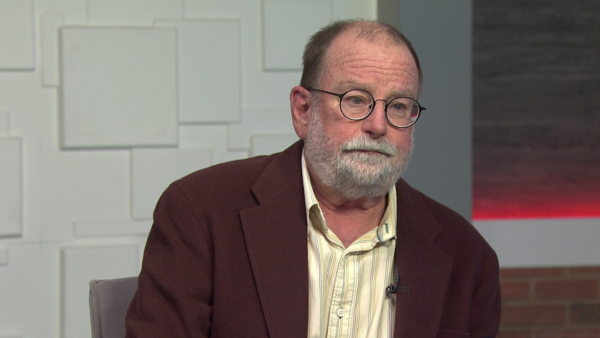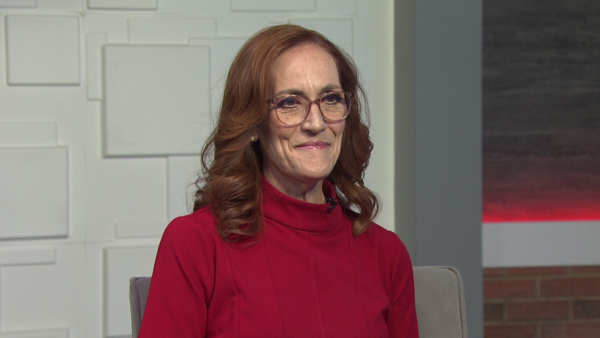Amount of ingested microplastics is on the rise
Feb. 26, 2025
Most humans have a teaspoon-sized amount of microplastics in their brains, according to a study by the University of New Mexico. Researchers believe these tiny particles hitch a ride on fat molecules, and when we ingest our food or drink liquids, they enter our body.
Pierre Herckes, Professor at ASU’s School of Molecular Sciences, joined “Arizona Horizon” to discuss.
Professor Herckes explained everything we ingest is filtered through the liver, and then moves on. Microplastics were found in livers, hearts and brains.
It is unclear what threat the microplastics pose, Professor Herckes said, but it is believed they can lead to heart attacks, stroke or disease, though research is a bit thin on this. One thing scientists can agree on: The amount of microplastics in our body is increasing rapidly.
“Many plastics have additives to them like plasticizers, you buy plastic bottles that are BPA free, means that there are many plastics that have BPA in it, they can have coloring agents in them, they can have sunscreens,” Professor Herckes said.
Some microplastics are hard to see in the body however recently, there has been work to identify the size therefore Professor Herckes said that can be a scary thing or a good thing.
“The organ that they looked at that had the most microplastics was actually the brain and then people with dementia, the amount of microplastics was actually was at the highest. We don’t know if it was a casualty or the disease favored the plastics,” Professor Herckes said.
Professor Herckes said we have 50% more microplastics in our bodies in 2024 than in 2016. A few things people can do to try to avoid microplastics: Don’t drink from plastic bottles, do not microwave food in plastics and use wooden cutting boards versus plastic ones.

